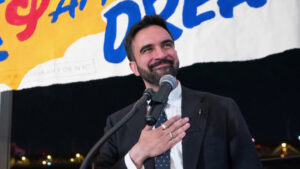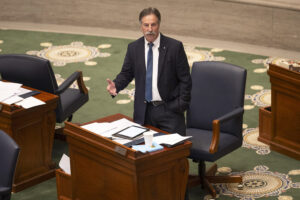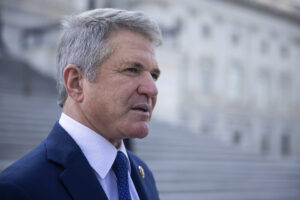The Dictatorship
Trump’s Super Bowl interview brings back one of the least helpful Obama-era rituals
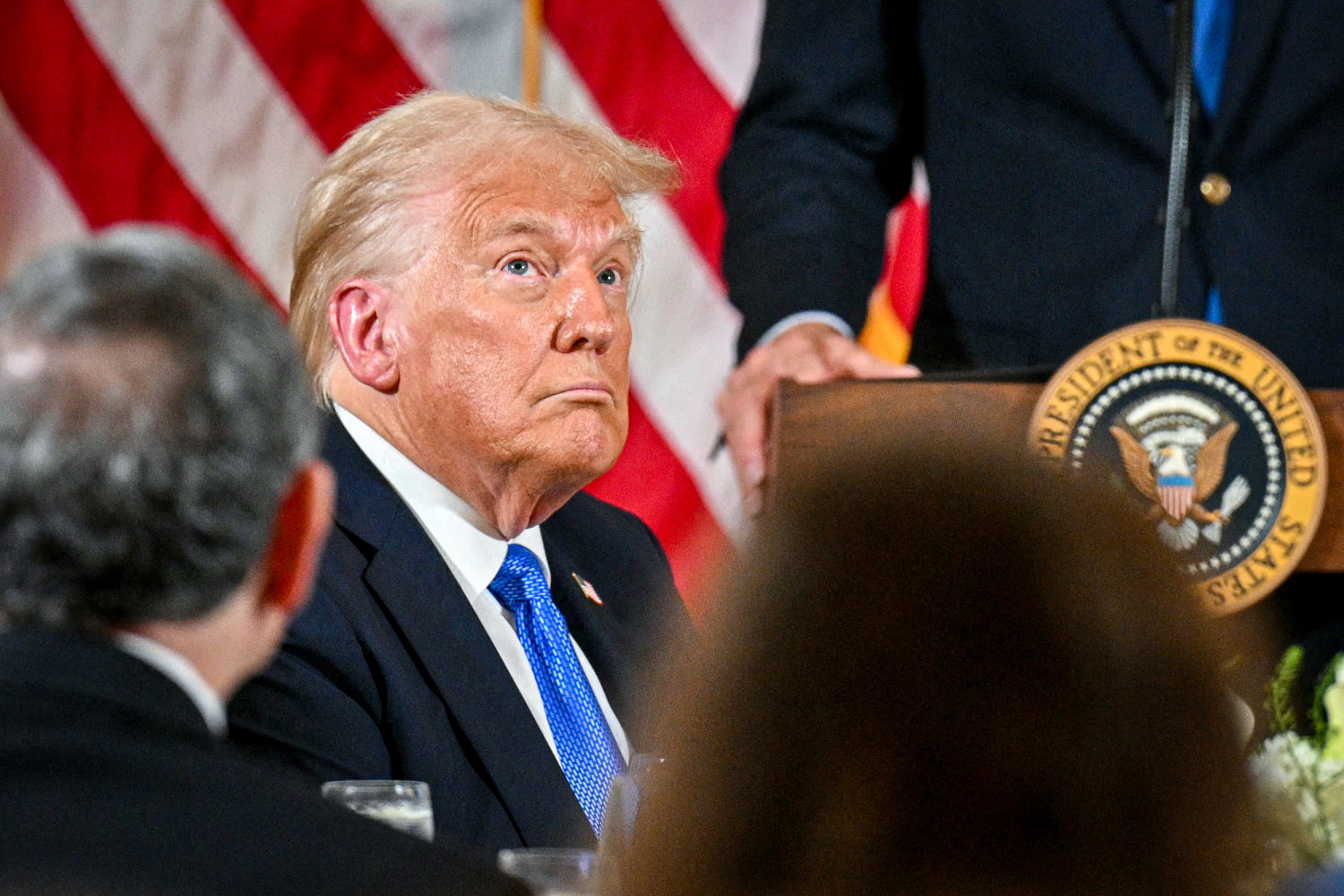
President Donald Trump’s chat with Fox News’ Bret Baier, airing before the Super Bowl, will have one of the larger audiences he’s likely to get this year. Despite becoming the first sitting president to attend the Super Bowl, the interview was taped ahead of time in Mar-a-Lago. Though Trump is making a big deal about it, the return of the presidential pregame is a tradition that America didn’t particularly need resurrected.
The notion that the president would do a formal interview with a political journalist ahead of the Super Bowl didn’t begin until 2009. Before that, the earliest analogy was then-presidential candidate Bill Clinton’s high-stakes appearance on “60 Minutes” that aired immediately after CBS’ Super Bowl broadcast finished in 1992. Seated alongside Hillary Clinton, he answered questions from co-anchor Steve Kroft about his reported infidelities in a 10-minute interview that likely saved his campaign.
The notion that the president would do a formal interview with a political journalist ahead of the Super Bowl didn’t begin until 2009.
We moved closer to the current format in 2004, when George W. Bush became the first sitting president to conduct a pregame interview. The game was held in Houston that year, and as a former governor of Texas, it was certainly fitting for Bush to speak with CBS sportscaster Jim Nantz live from the Rose Garden. Nantz’s most pointed question referenced Bush’s recent State of the Union address, where he had criticized the rampant use of steroids in the NFL. But otherwise, the four-minute chat was exactly the kind of gentle media appearance any president would dream about getting.
Despite the low-key nature of the Bush-Nantz interview, the politics involved in the decision to give it were unmistakable at the beginning of an election year. As The Washington Post reported a few days later, ahead of a high-stakes appearance on NBC’s “Meet the Press,” the president had “dipped in the polls and [was] on the defensive over the failure to find Iraqi weapons of mass destruction.” He later went on to win re-election comfortably, but when looking for opportunities to present Bush in a positive light, the Super Bowl likely seemed like an ideal moment.
In contrast, in 2009, President Barack Obama had just finished running for office, having been sworn in less than two weeks earlier when he sat down with NBC News ahead of that year’s Super Bowl. The 12-minute live interview was a mix of politics and mostly personality-driven questions in a time slot that helped highlight Obama’s “cool factor” and the historic nature of his win. From then on, Obama would give an interview with the network airing the game that year ahead of every Super Bowl.
Obama notably didn’t shy away from sitting down with Fox News in years (like this one) where Fox had the broadcast rights to the championship game. While his 2011 appearance with Bill O’Reilly was lively, the elbows were much sharper when the two sat down again in 2014. As Poynter’s Tom Jones wrote in 2023after that point “if the interview wasn’t at least a little contentious, the interviewers were crushed for being too soft.”
Trump went on to give interviews ahead of three out of four Super Bowls while he was in office. He chatted with Fox News’ Baier for the first of those in 2017, before skipping out on NBC News the following year in the middle of the Russia investigation. His 2019 interview with CBS News’ Margaret Brennan marked the hardest-hitting of those pregame conversations, but delivered little in the way of substance from him. And then in 2020, Trump sat with Fox News’ Sean Hannity for eight minutes of pure, uncut Trumpian stream of consciousness.
President Joe Biden, for his part, kept the tradition alive for two years before letting it falter the final two years of his term, turning down interviews with Fox and CBS respectively. By that point, the interviews had probably lost some of the appeal that Obama saw in them over a decade earlier. The pregame show’s audience, while still sizable, is a fraction of the more than 100 million people who tune in closer to kickoff. And it seems probable that when declining a wide-ranging interview last year, Biden’s advisers who were managing perceptions of his age didn’t see much upside to continuing the tradition.
As is so often the case with Trump, of course, he couldn’t help but lie in boasting about his interview, claiming on Truth Social that there “hasn’t been one in four years.” That’s the level of honesty that was always going to be on display in his interview with Fox News. Baier was more likely to ask at least one newsworthy question during the interview than Hannity, but without much — if any — pushback on his wildest tangents and claims. Absent any sort of real journalistic purpose, all we’re left with is the president being given a platform to spread lies to millions of Americans who may never see the truth when scrolling through their feeds.
Hayes Brown is a writer and editor for BLN Daily, where he helps frame the news of the day for readers. He was previously at BuzzFeed News and holds a degree in international relations from Michigan State University.
The Dictatorship
Charlie Kirk and the stubborn challenges with security measures

Much has been made of the fact that only six uniformed officers and a few plainclothes officers were at the Utah Valley University event the day Charlie Kirk was fatally shot while speaking to a crowd on campus.
But in truth, doubling or even tripling that number would not have made a difference. Ticket checks and metal detectors can screen attendees in the immediate area, but they cannot defend against a sniper on a rooftop 175 yards away. Preventing that type of attack requires a countersniper team with specialized training and substantial resources. And even then, success is not guaranteed. The July 13, 2024, assassination attempt on Donald Trump demonstrated this reality: Despite the full capabilities of the Secret Service, the shooter still came within inches of a fatal shot.
Ticket checks and metal detectors can screen attendees in the immediate area, but they cannot defend against a sniper on a rooftop 175 yards away.
With more than 35 years as an FBI agent, a U.S. Marine, and now a security consultant, I can affirm that securing an outdoor event like the one where Kirk was killed is among the most difficult challenges in the field. A speaker positioned in low ground, surrounded by a large crowd and overlooked by two- to four-story buildings, creates vulnerabilities that no local police force can realistically control.
If Kirk had been my client, I would have wanted exactly that level of specialized team. But the cost is often far beyond what any private citizen or even many companies can afford. A more practical measure might have been a three-sided transparent ballistic panel capable of stopping a high-velocity rifle round like the .30-06 used in the attack on Kirk — which would not have provided total protection but could have offered a meaningful safeguard.
While we do not know the conversations or planning that went into this particular event, I have found in my years in the government and in consulting for high-risk security environments that clients themselves often reject such measures in the name of being approachable and standing among their supporters rather than behind visible barriers.
Effective security is always a balance between what works and what a client is willing to accept.
That tension is equally visible on the business side of security. For those critical of the security presence at the Utah Valley University event, it is important to understand that protection is expensive and produces no revenue, the critical consideration for most businesses. Its value is difficult to measure, as success often means nothing happens. How do you prove the success of an incident that was deterred?
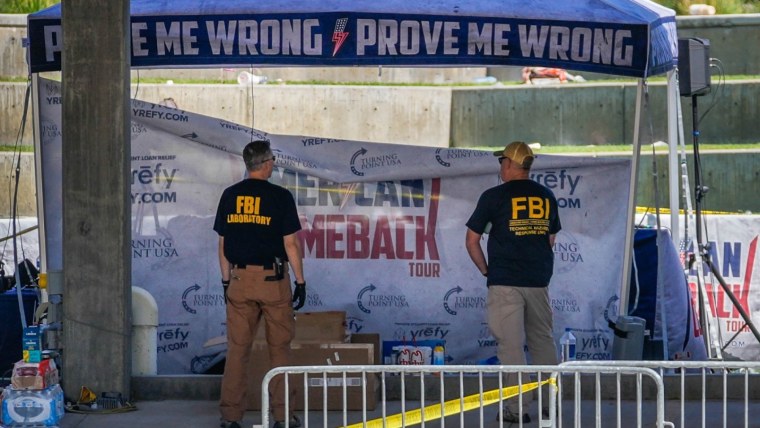
Because of this, the field tends to operate in cycles. After a high-profile attack, interest surges. Calls come in with urgent requests. At first, money is said to be no object. A team is assembled quickly with travel, logistics and personnel costs reflecting the short notice, and a quote is provided. At that point, priorities often shift. Suddenly, budgets matter, and within days, as the sense of danger fades, the plan is abandoned. We found this to be the case in the aftermath of the targeted killing of UnitedHealthcare CEO Brian Thompsonwhen many major companies clamored to hire security details for their leaders. That trend did not last. Too often, when confronted with the true cost of adequate protection, people settle for minimal coverage, such as a single driver with no advanced training, convincing themselves they have security now that the immediate threat appears to have faded.
Real security is neither simple nor convenient. It requires discipline like varying daily routes and schedules at random. It requires accepting protective measures that may not look appealing, such as ballistic panels or restricted access. And it requires trusting the expertise of trained professionals, even when their recommendations conflict with comfort or image. These are the trade-offs that genuinely protect lives.
We remain caught in the cycle of responding after tragedies rather than preventing them.
Kirk appeared on Wednesday in one of the most difficult environments to secure — outdoor college campuses. His team appeared to be better equipped for crowd management than dealing with a sniper threat. As is the case with nearly all deadly attacks, there was no way to perceive the particular nature of the threat he faced that day. The suspect, just 22 years old, most likely had little training, yet he is believed to have been able to not only plan and carry out the attack, but then escape afterward. That reality is sobering.
It is a horrifying reminder of how political violence in the United States is not receding; it is intensifying. Each successful incident not only causes immediate harm but also teaches future attackers what methods may succeed.
The hard truth is that no plan can guard against every possible threat. But security can be approached more seriously, with an understanding that its costs and inconveniences are investments (necessary ones, at that), not luxuries. When we fail to acknowledge that reality, we remain caught in the cycle of responding after tragedies rather than preventing them.
Robert D’Amico
Rob D’Amico is a global security and intelligence executive with over 35 years of experience leading protective operations, counterterrorism missions, and enterprise security strategy across government and private sectors. As the former FBI deputy chief of operations for the hostage rescue team and chief of counter-unmanned aircraft systems, he directed high-risk global missions, executive protection, and major event security, including the Super Bowl and World Series. As a former chief security officer and current consultant to Fortune 500 firms, he is recognized for building resilient security programs that protect people, assets, and critical infrastructure worldwide.
The Dictatorship
Americans who push back against Trump are winning
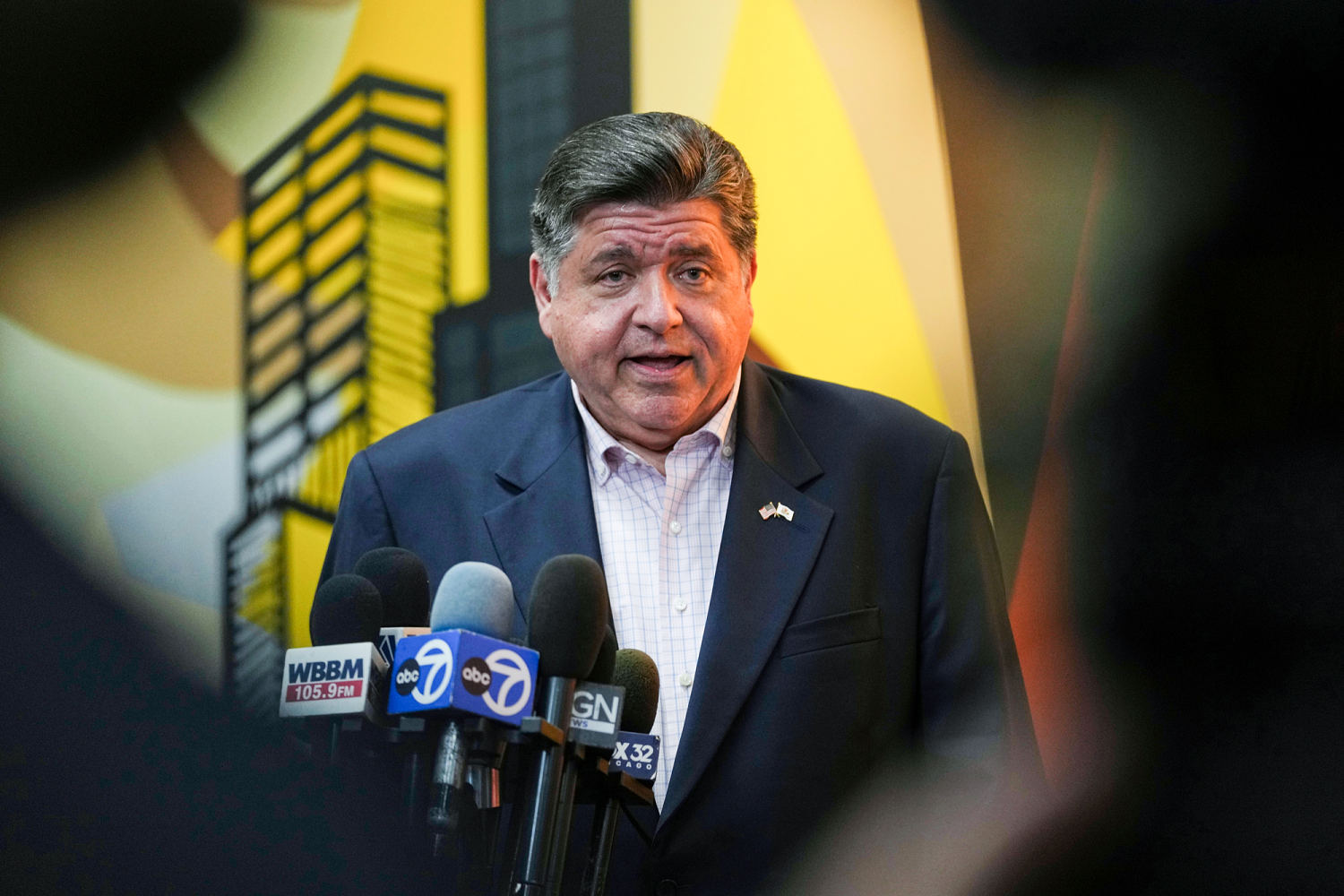
President Donald Trump’s second term has been built on a series of bluffs: Act like you have a power and some people may end up giving it to you. From gutting federal agencies to threatening law firms’ security clearances, he has expanded the imperial presidency by persuading his targets to give up.
But lately a number of prominent Americans have fought back against Trump — and won.
When Trump tried to fire Federal Reserve Board of Governors member Lisa Cook, she sued, and a federal judge allowed her to stay on the job until her case is heard at length. When he announced plans to send the National Guard into Chicago, Illinois Gov. JB Pritzker and Mayor Brandon Johnson stood shoulder to shoulder against it, and he started talking about going to Memphis instead. And when he tried to strip Harvard University of funding, it sued and won.
If you do not fight, you have already lost.
These leaders understand a truth that bears repeating: If you do not fight, you have already lost. If you do, you might preserve the law, the principle or the community under siege.
That is the choice now before Congress as another government shutdown deadline looms. Trump has announced he will not even meet with Democrats. Instead, Republican leaders have been dispatched to deliver his ultimatums: funding on his terms, with nothing offered in return. Democrats have not yet decided whether they will supply the necessary votes that keep the government open.
But this is not merely a negotiation over appropriations; it is a test of political courage. If Democrats surrender out of fear that they will be blamed for a shutdown, they will have handed Trump precisely the victory he seeks without forcing him to expend any political capital.
History makes plain what happens when leaders grow weary and turn away. After the Civil War, federal troops withdrew from the South in 1877ending Reconstruction and abandoning Black Americans to nearly a century of racial terror and disenfranchisement. That surrender to fatigue and compromise cost generations their rights. Trump is gambling that America will also grow weary of fighting and give up.
Yet history also records what is possible when leaders resist. Abolitionists refused to yield when presidents counseled patience and compromise; their persistence made emancipation a moral inevitability. Radical Republicans in Congress defied President Andrew Johnson’s attempts to restore white supremacy. They overrode his vetoes, passed the Reconstruction Acts and impeached him for abuse of power. More than a century later, lawmakers pressed the Watergate investigation forward even as Richard Nixon threatened a constitutional crisis. Their determination forced the release of the White House tapes and ended his presidency.
From abolition to Reconstruction to Watergate, progress came not from passivity but from sustained struggle against leaders who abused their office.
That is the tradition Lisa Cook joined when she refused to be silenced. It is the tradition Harvard and George Washington University reaffirmed when they refused to bend. It is the tradition of Pritzker, Johnson, California Gov. Gavin NewsomMaryland Gov. Wes Moore and Baltimore Mayor Brandon Scottwho proved that governors and mayors can still defend their cities from overreach. And it is the tradition that Congress must reclaim if it hopes to preserve its role as a co-equal branch of government.
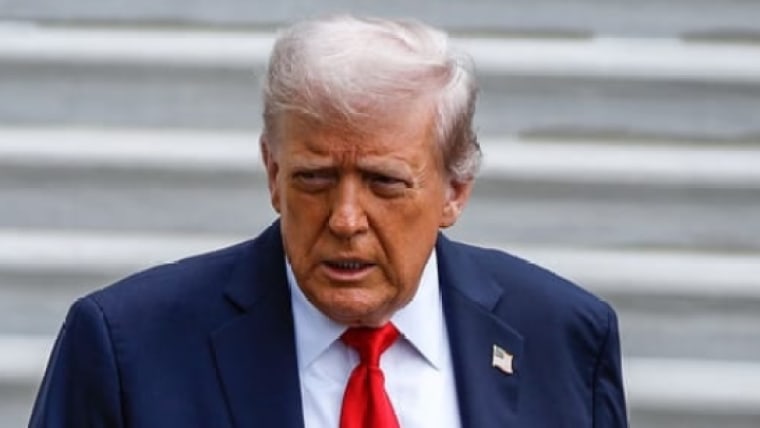
The struggle is tiring. That is its purpose. Trump thrives on fatigue, assuming that if he presses long enough, the opposition will collapse. But his power is not inevitable. It is fragile, and every time it is confronted, it is diminished.
The only way to defeat Trump’s assault on democracy is to fight. The fight itself is the safeguard of our republic. And if we are willing to engage it — in the courts, in the halls of Congress, in statehouses and city halls across the country — history suggests that we can not only endure, but also prevail.
For more thought-provoking insights from Michael Steele, Alicia Menendez and Symone Sanders-Townsend, watch “The Weeknight” every Monday-Friday at 7 p.m. ET on BLN.
Symone D. Sanders Townsend is an author and a co-host of “The Weeknight,” which airs Monday through Friday at 7 p.m. ET on BLN. She is a former deputy assistant to President Joe Biden and a former senior adviser to and chief spokesperson for Vice President Kamala Harris.
The Dictatorship
‘Disturbing’: BLN hosts rip Fox anchor for shocking call to ‘just kill’ homeless people


-
Now Playing

-
UP NEXT
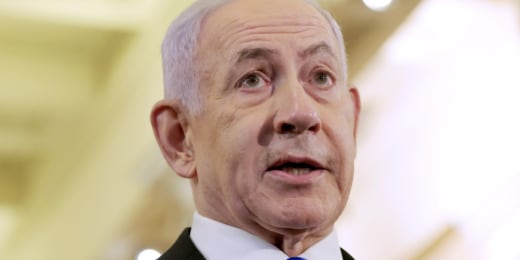
The “Gazafication” of the West Bank and the façade of a two-state solution
06:51
-
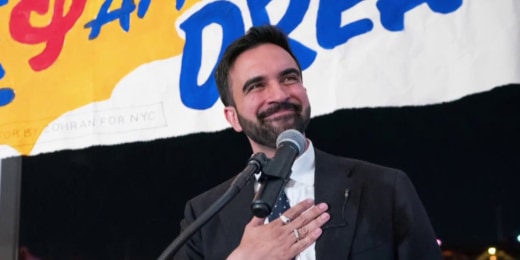
NY Gov. Katchy
07:57
-
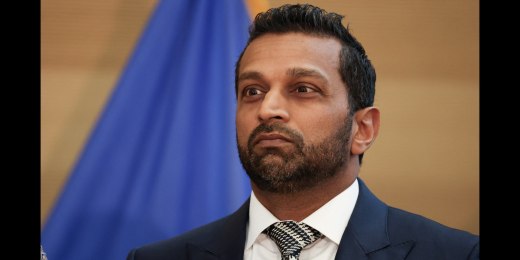
‘Not a serious person’: Fmr. FBI official SLAMS Kash Patel’s leadership
09:23
-
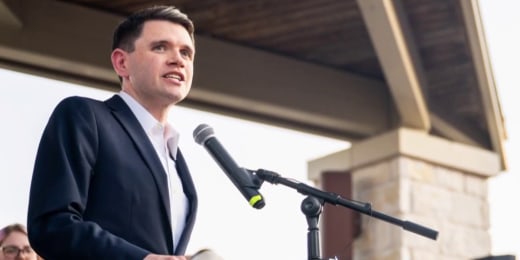
“This is a time for courage”: TX State Rep. James Talarico on bridging divides in politics
07:43
-
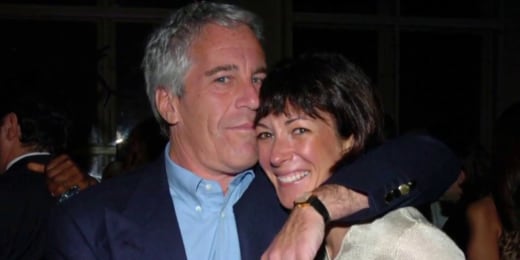
‘Culture of enabling’: Survivor speaks out on Epstein’s birthday book, demands transparency
10:30
-

Former Secret Service Agent warns Kirk assassination signals new targets of political violence
08:17
-

Dem fights for expanding IVF amid Trump assault on reproductive rights
06:55
-
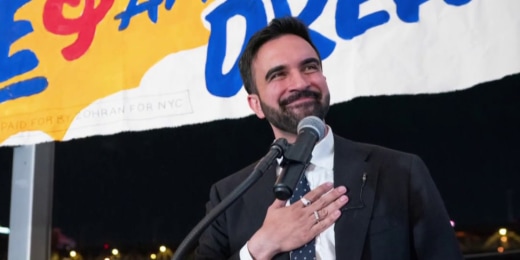
‘Bless Cuomo’s heart.’ Fmr. Rep. Jamaal Bowman, Leigh McGowan mock Andrew Cuomo’s attacks on Zohran Mamdani
09:33
-

‘Harbinger of what’s to come’: Tensions boil after ICE agent kills father near Chicago
09:37
-
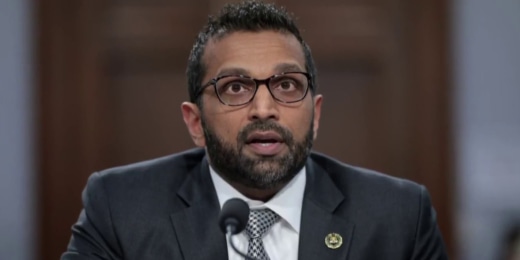
‘Double standard of justice’: Top Dem demands transparency ahead of Kash Patel hearing
08:10
-

Trump Memphis takeover would undermine ‘freedom’ & ‘American norms’: Tennessee mayor
07:48
-
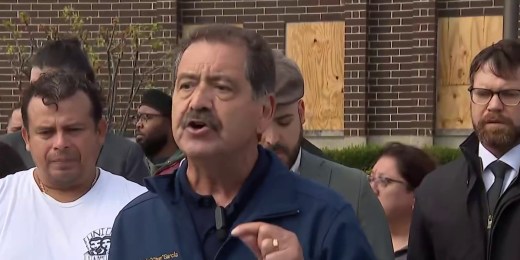
ICE agent fatally shot man who dragged him with his vehicle, DHS says
10:47
-

Comedian: ‘Laura Loomer as the de facto Defense Secretary makes me feel as safe as Ghislaine Maxwell as a baby sitter”
10:33
-
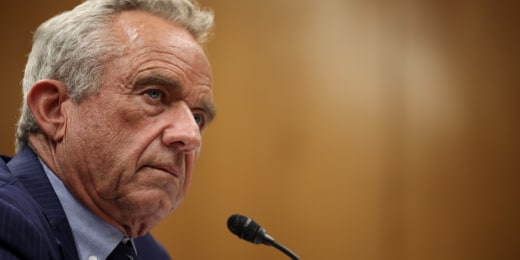
‘Vaccination is a form of kindness’: Mom of immunocompromised child slams RFK Jr’s anti-vaccine agenda
05:34
-
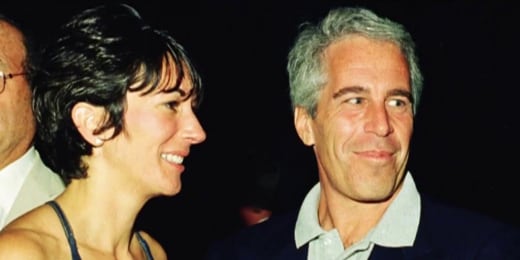
‘Highly likely’ Congress obtains Epstein birthday book
09:30
-
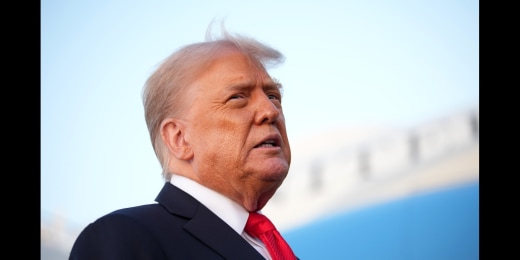
Rep. Moulton: Trump Gave No Warning Before Venezuela Boat Strike
07:10
-

CNBC Reporter: Trump’s economy problem is threatening his entire agenda
10:18
-
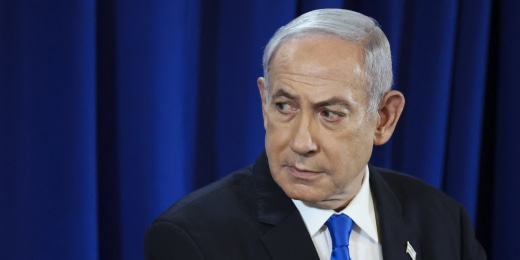
A Dem Senate candidate was asked if she’d meet with Benjamin Netanyahu. She had a one-word answer.
07:36
-
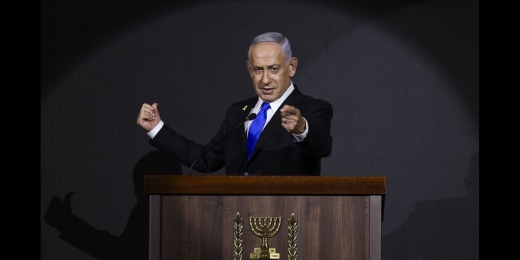
Gaza bombings & West Bank annexation: Netanyahu to face U.N, as U.S. backs Him
09:28
The Weekend: Primetime
-
Now Playing

‘Disturbing’: BLN hosts rip Fox anchor for shocking call to ‘just kill’ homeless people
04:20
-
UP NEXT

The “Gazafication” of the West Bank and the façade of a two-state solution
06:51
-

NY Gov. Katchy
07:57
-

‘Not a serious person’: Fmr. FBI official SLAMS Kash Patel’s leadership
09:23
-

“This is a time for courage”: TX State Rep. James Talarico on bridging divides in politics
07:43
-

‘Culture of enabling’: Survivor speaks out on Epstein’s birthday book, demands transparency
10:30
-
Uncategorized10 months ago
Bob Good to step down as Freedom Caucus chair this week
-

 The Josh Fourrier Show10 months ago
The Josh Fourrier Show10 months agoDOOMSDAY: Trump won, now what?
-

 Politics7 months ago
Politics7 months agoFormer ‘Squad’ members launching ‘Bowman and Bush’ YouTube show
-

 Politics10 months ago
Politics10 months agoWhat 7 political experts will be watching at Tuesday’s debate
-

 Politics10 months ago
Politics10 months agoHow Republicans could foil Harris’ Supreme Court plans if she’s elected
-

 The Dictatorship7 months ago
The Dictatorship7 months agoPete Hegseth’s tenure at the Pentagon goes from bad to worse
-

 The Dictatorship7 months ago
The Dictatorship7 months agoLuigi Mangione acknowledges public support in first official statement since arrest
-
Economy10 months ago
Fed moves to protect weakening job market with bold rate cut







